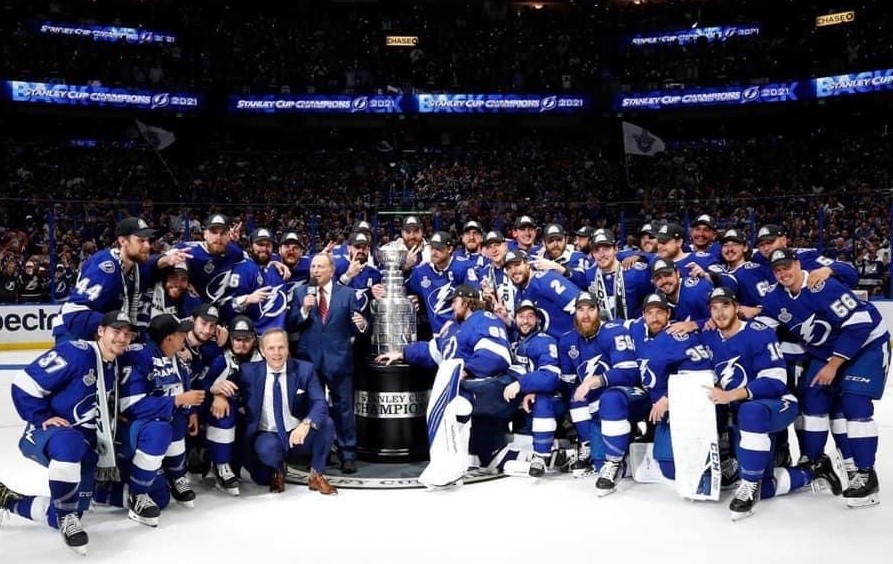
It has been exciting to watch our Tampa Bay Lightning win back-to-back Stanley Cups. What can CEOs learn from this championship team?
- Research your competition. The Lightning prepared differently for each opponent based on their research. They watched video of each team to understand the other team’s strengths and weaknesses before creating their plan of attack. How well do you understand the strengths and weaknesses of your competitors? The research should be ongoing since things can change rapidly, e.g., Blockbuster vs. Netflix.
- Build an effective system rather than designing your team around one star player. The Lightning could have built their team around the strengths of one of their top stars and maximized one individual’s effectiveness. Instead, they encouraged those star players to become selfless players within their team-focused system. The emphasis was on the final score rather than individual statistics. Does your system rely heavily on one of your top contributors? Or does the system maximize the effectiveness of the overall team? A team-focused system can reduce risk and increase morale.
- Practice, practice, practice. The players practiced scenarios and plays repeatedly until they became excellent at execution. Are you creating opportunities for your team to practice? A great way to help your team practice is by creating potential real-life scenarios and then role-playing, providing constructive feedback in the moment.
- Create a game plan that identifies potential obstacles. When injuries or penalties occurred during a game, the mentality was “next player up”. The players and coaches did not spend time worrying about losing one of their best players. Rather, they had confidence in the plan and the system. They had prepared for this scenario and everyone on the team knew exactly what to do. Do you have a plan that is well-understood by your team?
- Design a culture of shared responsibility. Instead of blaming teammates or pointing out individual mistakes, the coach and top players all took responsibility for what they could each do differently next time. Do you have a culture of blame, shame, or avoidance? Or a culture of personal responsibility and accountability?
- Provide mentors. The Lightning brought in some experienced players to help mentor the younger talent on the team. Those mentors led by example with a strong work ethic and helped create an expectation of a winning mindset. (Just like Tom Brady did with the Tampa Bay Buccaneers in 2020, resulting in a Super Bowl Championship!) What type of mentorship programs do you have in your company?
- Recognize when the team needs rest. The Lightning did not have a hard, physical practice every day during the playoffs because the coaches knew when their bodies needed time to recover. Can you tell when your team is overwhelmed or overloaded and becoming less effective? Rest can improve mental health, reduce errors, and increase safety and overall productivity.
- Learn from losses and recover quickly. When the team lost a game, they reviewed what they could have done differently, and then quickly prepared for the next game. Do you dwell on what went wrong? Or do you learn from your mistakes and quickly focus on the next opportunity to succeed?
- Celebrate wins. The team and coaches celebrated each win with high fives and hugs before leaving the ice. I often see CEOs who, by not celebrating big wins, create a perception that nothing is ever good enough. How do you celebrate winning a large deal or meeting a big deadline?
- Develop your bench strength. The player who scored the winning goal in the Stanley Cup final was a rookie who was only playing because another player was injured. The Lightning GM and coaches have a gift for identifying talent in young players and providing them with opportunities to develop. How do you identify and develop your high-potential employees?

